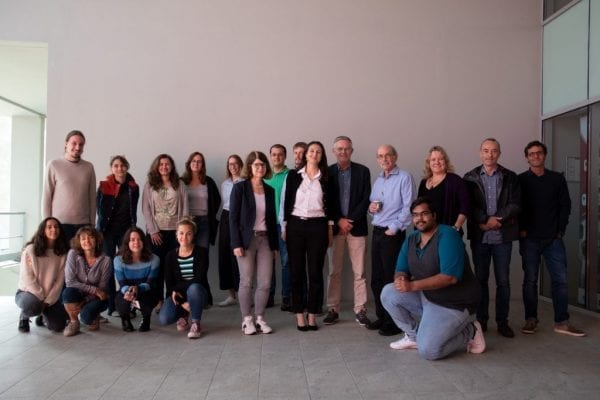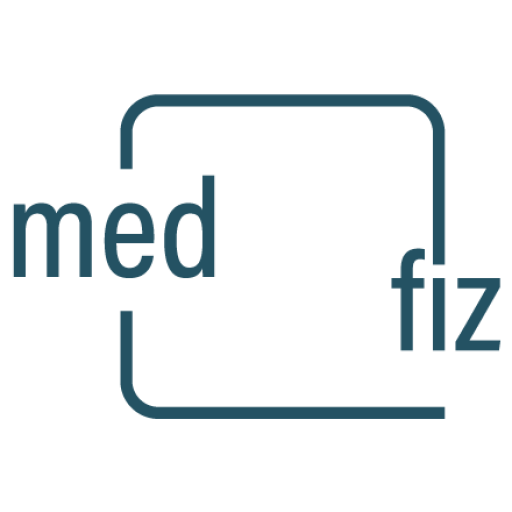Cajal Advanced Neuroscience Training Programme is organized by five partner institutions with the main aim to educate young neuroscientists. Main organizer is Federation of European Neuroscience Societies (FENS) and it organizes several trainings on different neuroscience-related topics each year. I participated in neuroimaging summer school, entitled Whole Brain Imaging in Bordeaux between 9th and 27th September 2019.
I spent three weeks at Neurocampus listening to lectures from local and visiting scholars in the morning and actively participated in the afternoon project work. Lectures’ topics were diverse, but all related to neuroimaging techniques. We were introduced both to widely used methods, such as structural magnetic resonance imaging (MRI), electroencephalography (EEG) and positron emission tomography (PET), as well as new methods, such as functional near-infrared spectroscopy and functional ultrasound. A special session was devoted to challenges of open science and public available data and related ethical dilemmas.
In the afternoons I worked in pair on a project under a constant surveillance of a one or two senior researchers, who were always available for explanations and advice. In the first project we addressed one of the holy grails of neuroscience – how to combine and interpret information from same subject obtained with different imagining modalities and clinical tests. In the project we were taught how to pre-preprocess and analyze scans obtained with T1-weighted MRI, resting-state functional MRI and diffusion weighted imaging. We analyzed data together with the results of neuropsychological testing. In the second project we tried to answer a question, whether we can use resting-state functional MRI data to predict biological sex of participants. We used classical statistical approaches and novel machine learning methods. Novel analytical and neuroimaging methods are opening new challenges and in parallel new opportunities for further understanding of healthy and diseased brains. In order to achieve significant progress in the future, the collaboration between experts from different fields is therefore absolutely critical.
The Cajal Advanced Neuroscience Training Programme offered me, through its intensive and diverse programme, plenty of opportunity to upgrade previous knowledge. Furthermore, I was introduced also to novel techniques that are currently still being developed. I really liked individual approach to project work. Instructors were flexible, very knowledgeable and always ready to answer any question asked. Additionally, the lectures were of high quality and the majority of lecturers managed to give an introduction to practical and theoretical background and then upgrade the basic knowledge with most recent research findings. I would recommend this, or similar summer schools organized by FENS, to anyone with an interest in neuroscience and some background on different neuroimaging techniques and brain biology. The instructors and lecturers were experts of different fields (medicine, biology, physics, mathematics, computer science…) and were always available for a discussion. In the end, I would like to add that the registration fee covers three meals a day, a stay in the nearby hotel and a one-day trip to Bordeaux’s vineyards.
Matej Perovnik

Slika udeležencev poletne šole in organizacijske ekipe (glavna organizatorica: prof. dr. Katrin Amunts; lokalna organizatorja: prof. dr. Bernard Mazoyer in prof. dr. Sylvain Miraux).


